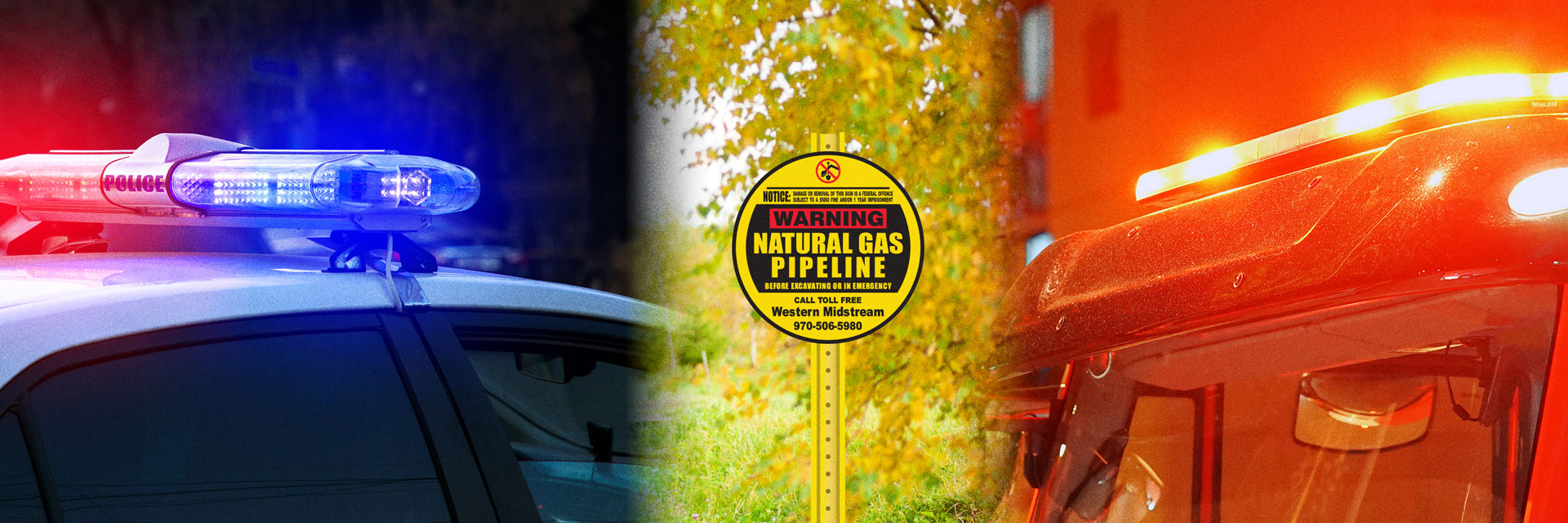Pipeline emergency? Call 911, and then contact Western Midstream at
800-284-6799 for Texas and New Mexico or 970-506-5980 for Colorado, Utah and Wyoming.
Attend our virtual meeting to learn about Western Midstream’s pipeline operations, products and emergency response. Western Midstream’s highest priority is the safe and reliable transportation and delivery of natural gas and petroleum products. It is essential to know the facts about pipeline safety and to be aware of pipeline locations and operations. This website contains important information about products transported and emergency response to an unlikely pipeline incident.
Types Of Pipelines
Western Midstream is engaged in the business of gathering, compressing, treating, processing, and transporting natural gas; gathering, stabilizing, and transporting condensate, NGLs, and crude oil; and gathering and disposing of produced water. Western Midstream has 21 gathering systems, 69 processing and treating facilities, 7 natural gas transmission systems and 12 crude oil/NGL pipelines:
Being Prepared
There are many tools available for Emergency Responders to be prepared and understand pipeline incident risks.
Please see the below links to help prepare for a pipeline incident:
- Emergency Response Guide
- NASFM Pipeline Emergency Response Training
- National Pipeline Mapping System
- NENA National Emergency Number Association
- American Petroleum Institute-Pipeline Information
- National Association of State Fire Marshalls
Request Emergency Response Plan
To request a Western Midstream Emergency Response Plan click HERE.
Western Midstream Operations
Questions about the pipeline in your community?
Please contact your local WES Emergency Preparedness Coordinator for questions or to request additional training by selecting your location below.
